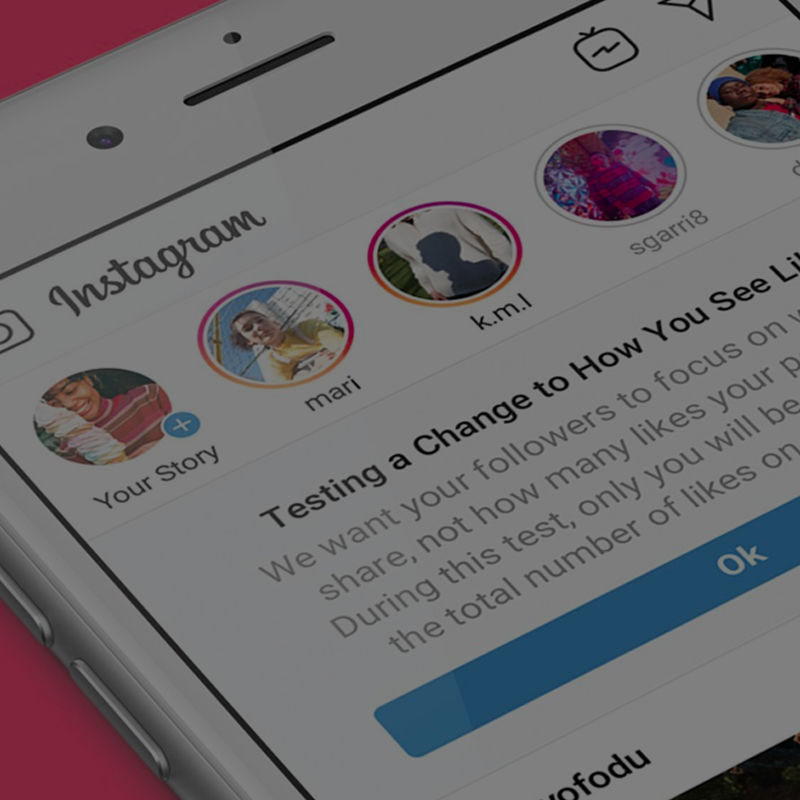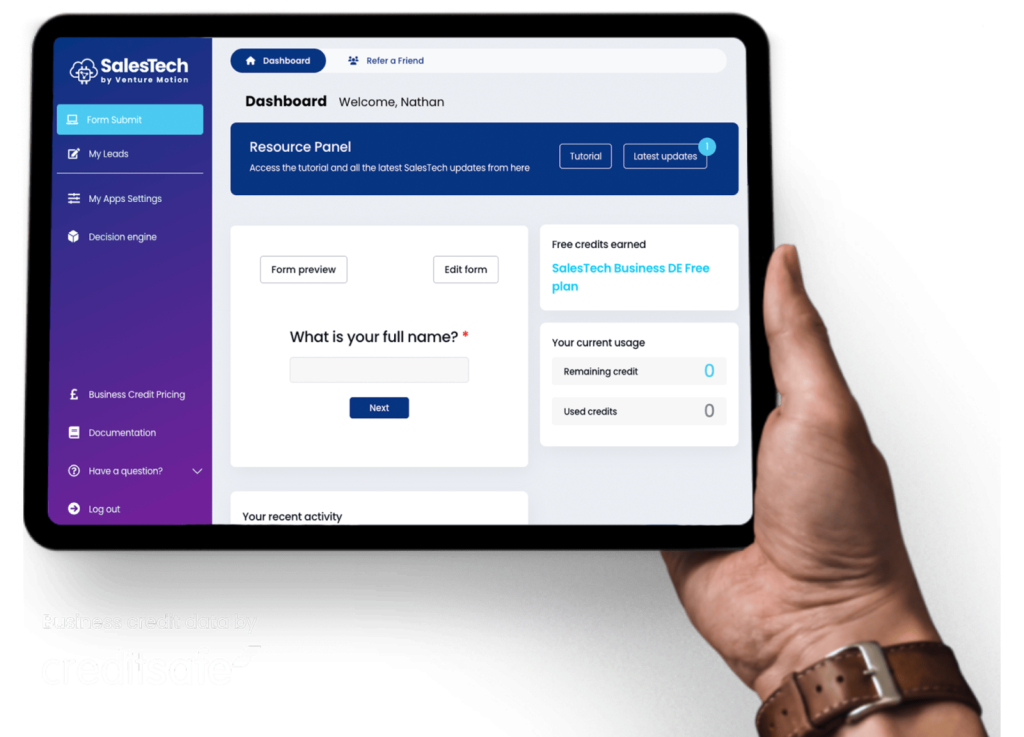How will removing 'likes' affect your business social media engagement?
Likes have been a big part of how we use social media platforms since the very beginning. Instagram has likes, Twitter has likes and retweets, and Facebook now has a whole range of post reactions.
Social media is built on sharing and interaction, so it makes sense that we’d need a quick and easy way to tell other people that we like their photos, content, opinions, and thoughts. On Instagram though, that’s going to change slightly.
Why is instagram planning to stop showing likes?
According to Instagram’s CEO Adam Mosseri, likes will be hidden so users can “focus on the photos and videos you share, not how many likes they get.” The main aim is to reduce pressure and encourage people to post what they want, without worrying about metrics.
Instagram, which is owned by Facebook, isn’t removing the option to like people’s posts, or see your likes from people who follow you. Instead, you won’t be able to publicly see how many likes a post has. Basically, we won’t know whether Kylie Jenner has 2 likes, or 2 million.
This change is already live in a handful of countries, including Australia and the US. It’s not entirely clear when it’ll be the UK’s turn, but it probably won’t be long.
What does this mean for influencers, brands, and businesses?
When Instagram first announced this change, there was a lot of concern. Nicki Minaj even threatened to stop posting on instagram entirely. Social media likes have made and advanced careers around the world, from YouTube unboxers to fashion and travel influencers. Influencers often measure their success, reach, and potential profitability based on likes and follower metrics, and this information is especially valuable to the brands that work with them. Many are happy to fake it too – more than half of UK Instagram accounts have bought followers, likes, or comments.
According to influencer marketers quoted in PR Week, the industry is going to have to become more sophisticated and innovative – “a shift away from vanity metrics (will) place more focus on time spent on the platform, engagement, views and actual sales”. The industry’s take is influence will still matter, but will be measured slightly differently.
Does your business need to change its social media practices?
Many social media strategists are welcoming this change, because they think real engagement can be measured elsewhere. Likes don’t produce revenue on their own.
Instead of watching the likes on your business’ social profiles, focus on comments, views, shares, and genuine engagement that shows you’re making an impact. The most valuable metric of all is how many people go from looking at your social profiles to looking at your products and services, and make a purchase.
You can see the power of engagement in marketing campaigns designed to create conversation, like Greggs’ Jesus-inspired sausage roll Christmas ads in 2017. Whether people ‘liked’ the campaign or not was irrelevant, the aim was to become a trending topic and translate that into sales. It worked too – multiple Greggs around the country sold out of sausage rolls.




